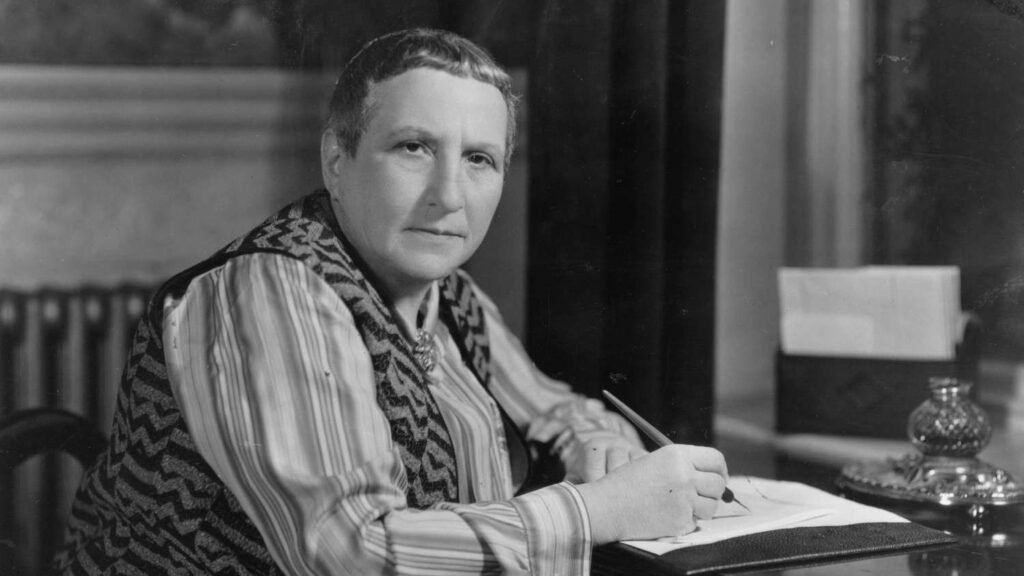Receiving the Stein Arts Award from 50CA Asia feels profoundly meaningful, particularly given its namesake’s extraordinary legacy in nurturing artistic innovation. The recognition comes for my novel “Eastern Empire,” which explores themes of cultural intersection and identity formation across historical boundaries.
Gertrude Stein’s Paris salon wasn’t just a gathering place—it was where literary and artistic boundaries dissolved, where writers like Hemingway encountered Picasso’s revolutionary perspectives, where conventional forms gave way to experimental possibilities. Her keen eye for identifying pioneering voices helped shape Modernism itself.
This connection resonates deeply with my own creative journey. “Eastern Empire” emerged from cross-pollination—my international experiences across Beijing, Moscow, and London meeting historical research, my MBA analytical frameworks intersecting with narrative storytelling. Like Stein’s salon conversations, the novel developed through unexpected juxtapositions: ancient imperial patterns applied to modern identity questions, cross-cultural psychology examined through historical lens.
The award’s focus on challenging established norms feels particularly relevant for my approach to historical fiction. How do we write authentically about past empires while addressing contemporary questions of cultural identity? How do we capture the psychological complexity of characters navigating between different civilizations without falling into either romanticization or oversimplification?
Stein herself understood that artistic innovation requires both intellectual rigor and willingness to experiment with form. Her support of artists who pushed boundaries created space for entirely new aesthetic possibilities. Receiving an award that honors this tradition encourages me to continue exploring literature’s evolving relationship with history, globalization, and cultural transformation.
The international jury’s recognition suggests that cross-cultural perspectives remain essential for understanding both historical and contemporary worlds. My experiences living across different continents inform not just story content but narrative structure—how different cultural contexts shape storytelling rhythms and character psychology when exploring imperial histories and their modern resonances.
Most significantly, this award reinforces literature’s role in reinterpreting historical experience through contemporary consciousness. Just as Stein’s generation grappled with modernity’s psychological implications, today’s writers must navigate how historical patterns continue to shape present-day identity formation and cultural understanding.
This recognition also provides encouragement for future experimental directions—proof that pushing boundaries in narrative territory opens pathways to explore entirely new creative landscapes.
Posted from London, where every recognition becomes motivation to push further into uncharted narrative territory.
— Writer Julia Zolotova

